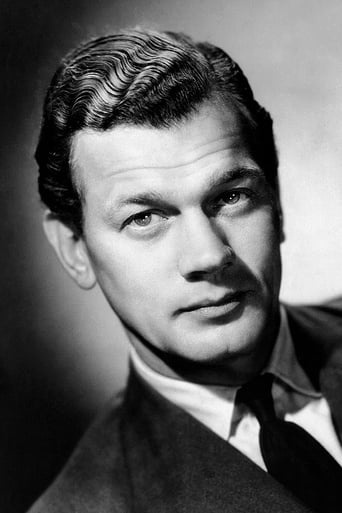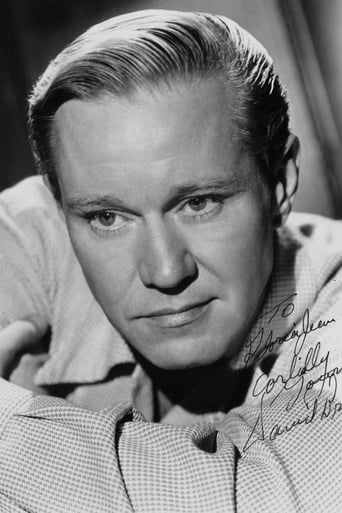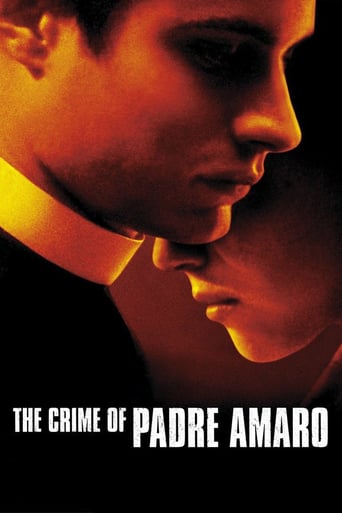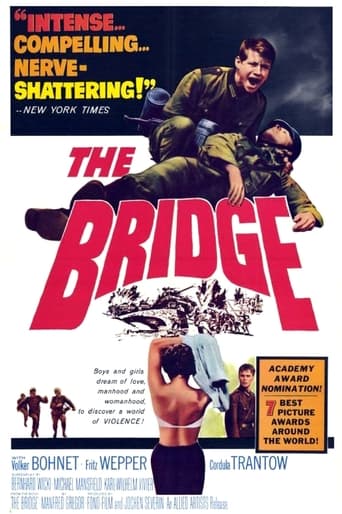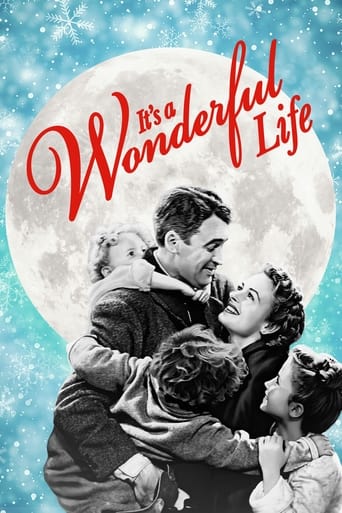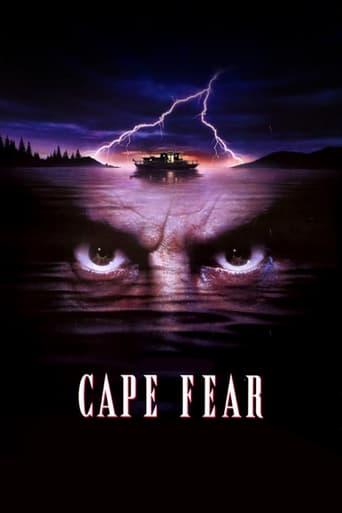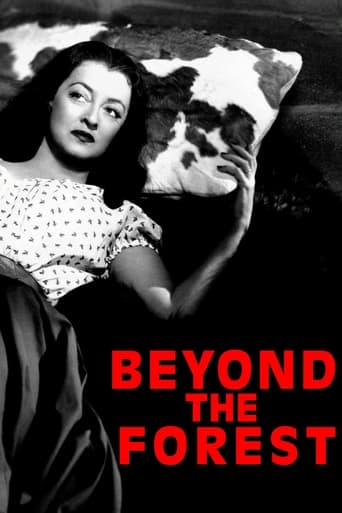
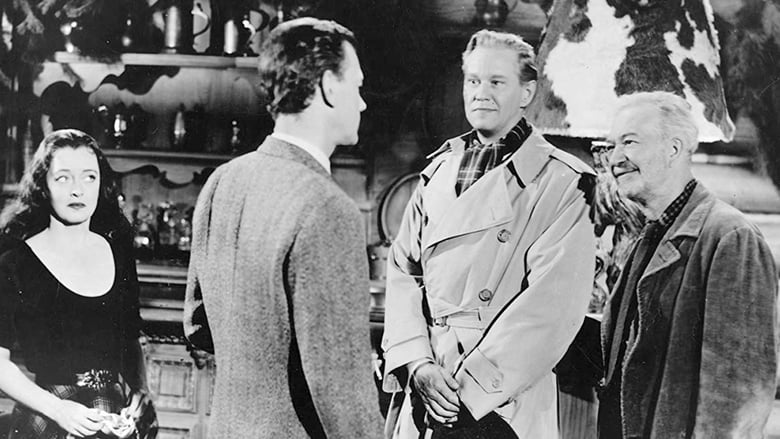
Beyond the Forest (1949)
Rosa, the self-serving wife of a small-town doctor, gets a better offer when a wealthy big-city man insists she get a divorce and marry him instead. Soon she demonstrates she is capable of rather deplorable acts -- including murder.
Watch Trailer
Cast


Similar titles
Reviews
Copyright 18 November 1949 by Warner Bros. Pictures, Inc. U.S. release: 22 October 1949. New York opening at the Strand: 21 October 1949. Australian release: 27 April 1951. 8,640 feet. 96 minutes.SYNOPSIS: A woman's dull husband (he's the doctor in a small town) does not help her greedy disposition.NOTES: Davis' last film as a contract star for Warner Bros. Steiner was nominated for an Academy Award for his score in the Drama/Comedy category, losing to Aaron Copland's The Heiress.COMMENT: There is much to enjoy in this high-blown melodrama, despite its wild implausibility and Miss Davis's incredible theatrics in what is virtually a cruel and incisive self-parody. To see Miss Davis as a sultry femme fatale requires a considerable suspension of belief which her garish make-up and ripe mannerisms do nothing to lessen. Still, Miss Davis, for all her faults, is infinitely preferable to Joseph Cotten whose screen personality here is even more woebegone and tiresomely philosophic than usual. The support cast is better: Ruth Roman makes good capital out of her couple of brief appearances, Minor Watson has an unusually meaty role and Dona Drake registers strongly as a slatternly maid. The script has some bizarre touches which Vidor directs with style and relish, particularly the off-beat, storybook-style opening and the elaborate crane shot at the conclusion. Max Steiner's music score consists almost entirely of variations on Fred Fisher's "Chicago" and is quite effective. The photography, especially the location work, is superb. Production values are lavish.
Only Bette Davis (along with Joan Crawford) could take a trashy film and make it absolutely compelling. No, this isn't a good movie, probably not even a fair movie but oh, Bette, you make it all worthwhile.Bette wears the worst wig of her career, some really surrealistic make-up and was years too old for the part......so what?? When she delivers those famous lines "What a dump", you could jump for joy. This is Davis at her campiest and you can bet she knew it.The story line is fairly simple. A small town bitch wants to be a big city bitch and takes a lover to attain that goal. She couldn't care less that she has a husband, played by Joseph Cotton, when she sets her sights for the boyfriend played by that perpetually bland actor David Brian. All hell breaks loose as Davis chews up the scenery and her fellow actors. The final scene as Davis drags herself to the train station is the raison d'etre for the cult following that has developed around this film. It is a film lovers delight. She was some dame!!!
Beyond The Forest drags around a reputation as one of the all-time stinkers, a reputation that's far from deserved but not hard to understand. This is the movie whose name Martha, in Edward Albee's play Who's Afraid of Virginia Woolf, can't remember after she quotes the emblematic line `What a dump.' (Thrown away by Bette Davis, the line got parodied as high camp by Elizabeth Taylor in the play's screen version.) It also fell at a time when Davis' best work was thought to be well behind her, and when she was labeled `difficult,' a year before All About Eve gave her career a booster shot.And, to be fair, there are aspects of the movie itself, a lurid and overwrought drama, that account for some of the scorn that's been heaped upon it. Married to impoverished physician Joseph Cotton in a grim Wisconsin factory town, Davis (as Rosa Moline) chafes against the boredom of her life and craves romance, adventure, big-city life as exemplified by Chicago, just a short train-ride away. That's where big-shot David Brian lives the high life but now and then visits a hunting lodge in the woods where he caught Davis' eye. She's just another notch on his bedpost but she's convinced herself he'll hand her the life of her fantasies. The plot cooks up a witch's brew of adultery, abortion and murder. But director King Vidor does well with the overripe material, which smacks of midcentury `regional' literature. Though Davis' long black wig is a sight for sore eyes, it's entirely in character for the slutty Rosa with longings above her breeding. When she finally travels to the Big Town, Vidor turns it into a tense yet poignant cinematic vignette.Admittedly, there are weaknesses: the big murder trial seems irrelevant even in this far-fetched plot, and both Cotton and Brian get elbowed offscreen by the volcanic Davis. But Beyond the Forest's operatic ending more than compensates for the movie's faults. Greasy-faced and straggle-haired, guzzling pitchers of water and sweating like a stuck pig, Davis, dying and delirious from peritonitis (that botched operation), rouses herself for one last trip to Chicago. Kicking away her native American maid, she slaps on her makeup and finery and staggers down to the railroad tracks where the approaching train whistles its siren song of `Chicago, Chicago.' Alas, poor Rosa Moline dies like a dog, face down in the mud, as it passes her by. It's an eye-popping, go-for-broke performance, and maybe only Davis at this desperate juncture in her stardom could have brought off this Liebestod.
It was interesting seeing this soon after seeing The Man Who Wasn't There, the Coen brothers would-be 40s film-noir. Both movies are set in small towns, have way-out plots involving violent crime and illicit love, and feature main protagonists trying to get out of a rut. But whereas the Coens' nouveau-noir plays it deadpan, philosophical and slow, and thereby risks boring the audience stiff; the genuine article with King Vidor at the helm, races along, goes way over the top, and glues the viewer to the screen. Melodramatic and flawed though it may be, I don't go along with those who regard the movie merely as a camp vehicle for some arch Bette Davis overacting as the "evil" Rosa Moline. This film has genuine substance and potency, and Hedda Gabler-like Rosa's near-hysterical exasperation with the suffocating small town atmosphere - symbolised by the ever-present smoke and dust from the local sawmill - and with her dull, worthy, medico husband (Joseph Cotton), must have rung a bell with many American and other women in the stifling post-war years. Her "What a dump!" quite probably echoed their inner thoughts, as may her reluctance to have a baby (contrasted in the film with another woman's eighth, delivered by the good doctor). Moreover, despite Davis playing a woman at least 10 years younger than her actual age, her scenes with David Brian as her wealthy lover are truly erotic, and some of the lines may raise eyebrows even today.Those who dismiss this film should perhaps give it another chance, try to place it in the context of its era, and possibly ponder on how some of the "cool" masterpieces of today will be viewed by their grandchildren in 50 years time.



